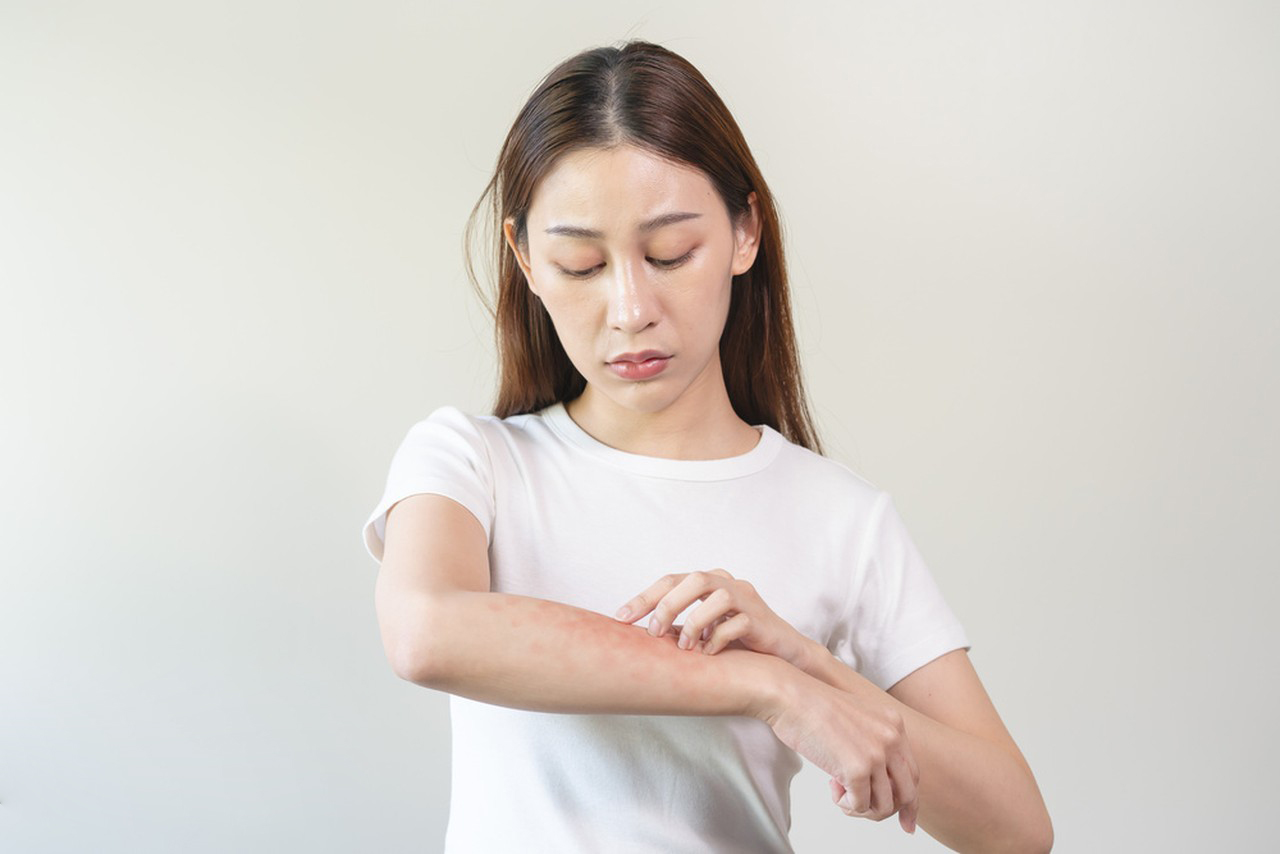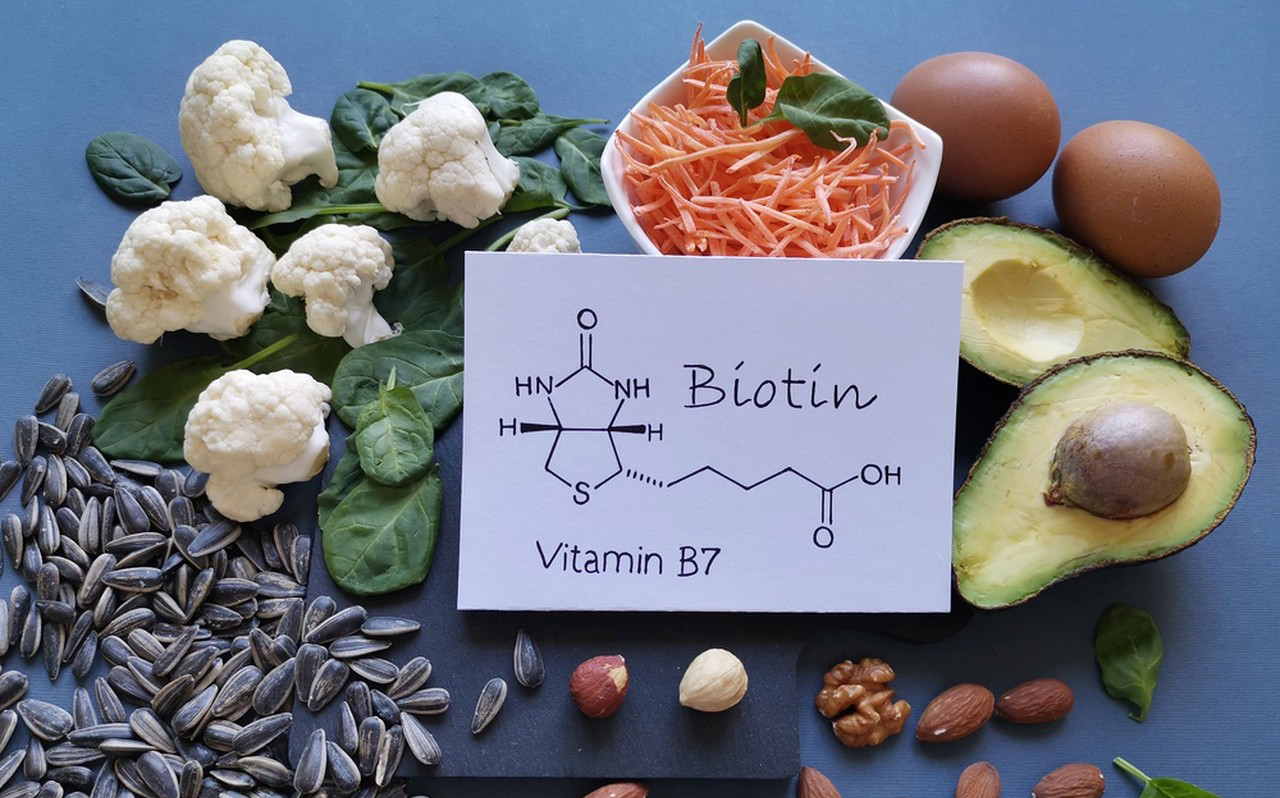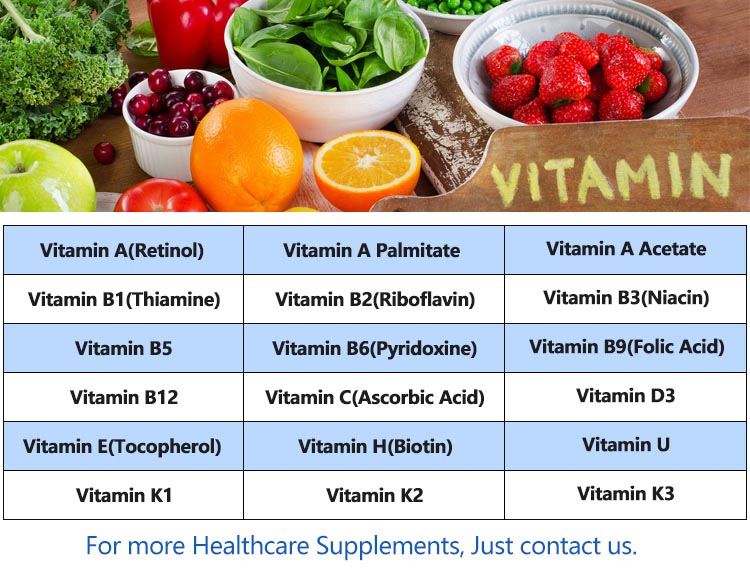Biotin, also known as Vitamin B7 or Vitamin H, is a water-soluble B-vitamin that plays a crucial role in the metabolism of fats, carbohydrates, and proteins. It is involved in energy production and the synthesis of fatty acids, amino acids, and glucose. Biotin is commonly found in foods like eggs, nuts, seeds, and certain vegetables. Here are some of its primary applications:
1. Hair Health
- Promotes hair growth: Biotin is often used to support hair health. It is believed to help improve hair thickness, strength, and elasticity, which is why it’s a common ingredient in many hair growth supplements and shampoos.
- Prevents hair loss: Some studies suggest that biotin may be beneficial in treating conditions like hair thinning or alopecia, especially when biotin deficiency is present.
2. Skin Health
- Improves skin condition: Biotin is used to treat various skin conditions, including dermatitis, acne, and eczema. It supports healthy skin by contributing to cellular growth and repair.
- Prevents dry skin: By promoting healthy skin cells and increasing the metabolism of fatty acids, biotin can help improve skin hydration and reduce dryness.

3. Nail Health
- Strengthens nails: Biotin supplementation is commonly recommended for individuals with brittle or weak nails. It is thought to enhance nail growth and make nails more resistant to breakage.
- Prevents nail splitting: Some evidence shows that biotin can help reduce the occurrence of nail splitting and other nail disorders.
4. Metabolic Support
- Supports carbohydrate, fat, and protein metabolism: Biotin acts as a coenzyme in various metabolic reactions, including the conversion of glucose, fatty acids, and amino acids into energy. This makes it essential for maintaining overall metabolic function.
- Regulates blood sugar levels: There is some evidence to suggest that biotin may assist in the regulation of blood sugar levels, potentially benefiting individuals with type 2 diabetes or those at risk of developing it.
5. Support for Pregnancy
- Supports fetal development: During pregnancy, biotin plays a key role in the growth and development of the fetus. Deficiency during pregnancy can lead to complications such as birth defects and developmental delays.

6. Neurological Health
- Promotes brain function: Biotin is necessary for the health of the nervous system, and some studies suggest it may help with cognitive function, memory, and mood regulation.
- May help with multiple sclerosis: Some clinical studies have suggested that biotin supplementation may be beneficial in improving symptoms of multiple sclerosis (MS), though more research is needed to confirm these findings.
7. Treatment for Biotin Deficiency
- Treats biotin deficiency: Biotin deficiency, though rare, can lead to symptoms like hair loss, skin rashes, brittle nails, and neurological issues. Supplementation is the primary treatment for biotin deficiency, which can be caused by factors like poor diet, pregnancy, and certain genetic disorders.
8. Support for Metabolic Disorders
- Genetic conditions: Biotin is used to treat rare inherited disorders, such as biotinidase deficiency, which affects the body’s ability to recycle biotin.
9. Supplement Formulations
- Dietary supplements: Biotin is commonly found in multivitamins and standalone supplements marketed for improving hair, skin, and nails.
- Fortification in food: Some foods, such as breakfast cereals, are often fortified with biotin to ensure adequate intake.

10. Potential Anti-Inflammatory Effects
- Reduces inflammation: There is emerging evidence suggesting biotin has anti-inflammatory properties, which could be beneficial in managing conditions like rheumatoid arthritis and other inflammatory diseases.
Dosage & Safety:
- Biotin is generally safe when taken within recommended amounts. Excessive intake, especially from supplements, can cause skin rashes or digestive issues, but toxicity is rare.
- Recommended daily intake varies by age, gender, and life stage, but the average adult requirement is around 30 micrograms per day.
While biotin is widely regarded as beneficial for hair, skin, and nails, the evidence for its effectiveness in these areas is mixed, and more research is needed to fully understand its role and efficacy in these applications. However, it’s generally considered a safe and essential nutrient when consumed as part of a balanced diet.
